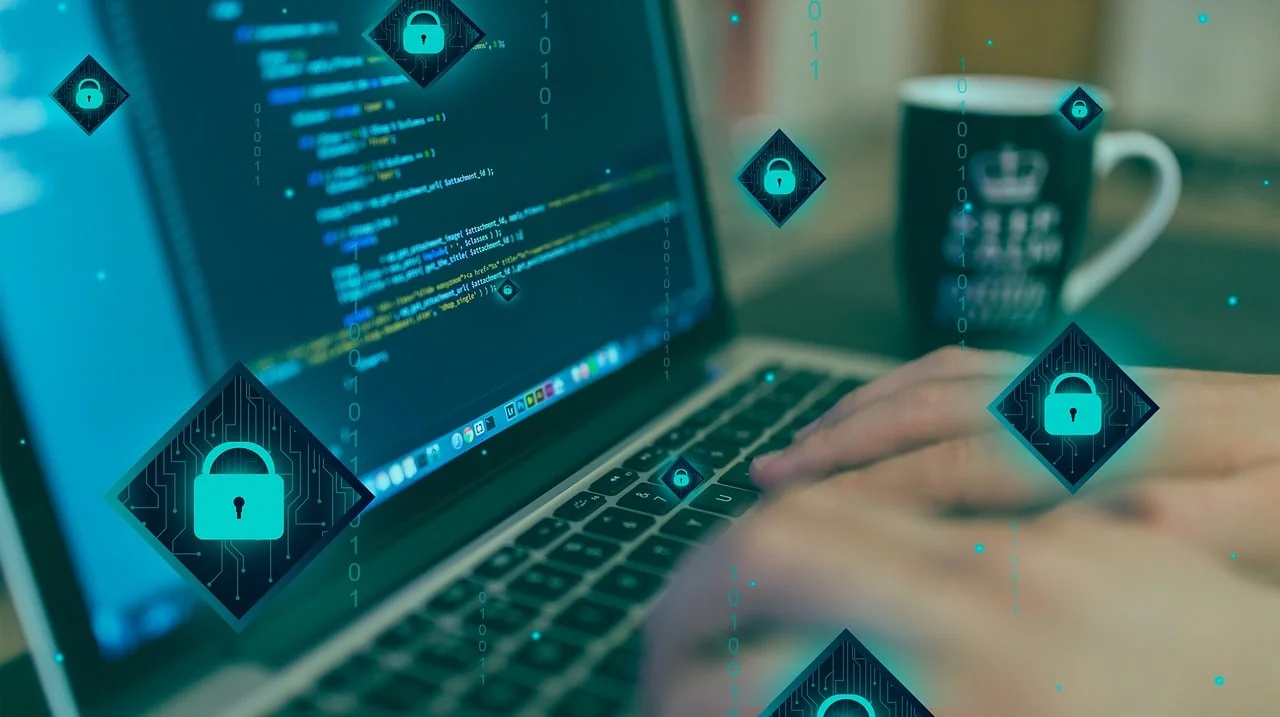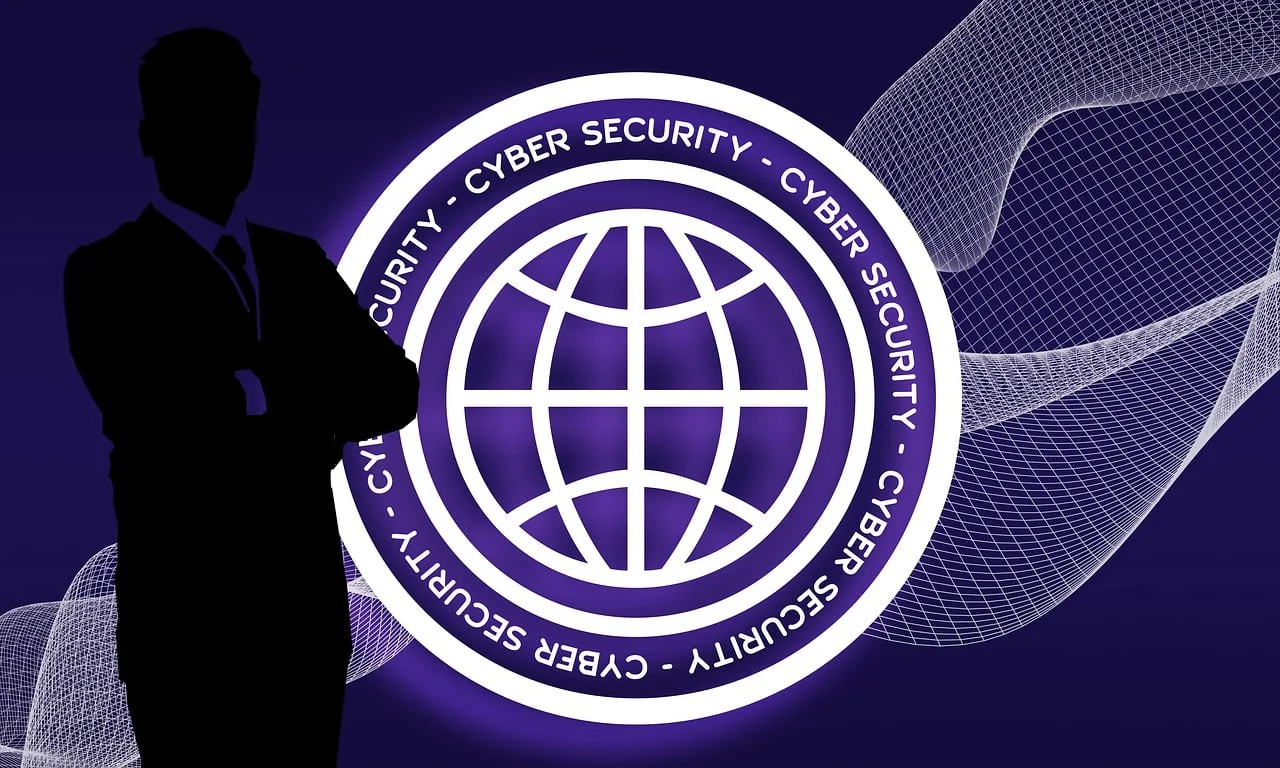In our increasingly digital world, protecting your personal information online is more important than ever. Cybercriminals are constantly finding new ways to steal sensitive data, but with a few proactive steps, you can significantly reduce your risk. Here are some practical tips to help you safeguard your personal information online.
1. Use Strong, Unique Passwords
The foundation of online security is using strong, unique passwords for each of your accounts. Avoid using easily guessable information like birthdays or common words. Instead, create complex passwords that include a mix of letters, numbers, and special characters. Consider using a password manager to generate and store your passwords securely.
2. Enable Two-Factor Authentication (2FA)
Two-factor authentication adds an extra layer of security to your accounts. With 2FA, you’ll need to provide a second form of identification, such as a code sent to your phone, in addition to your password. This makes it much harder for cybercriminals to access your accounts, even if they have your password.
3. Be Wary of Phishing Scams
Phishing scams are fraudulent attempts to steal your information by pretending to be a trustworthy entity. Be cautious of emails, texts, or messages that ask for personal information or direct you to a suspicious website. Always verify the sender’s identity and avoid clicking on unknown links or downloading attachments from untrusted sources.
4. Use Secure Connections
Whenever possible, use secure (HTTPS) websites, especially when entering sensitive information. HTTPS encrypts the data sent between your browser and the website, making it harder for cybercriminals to intercept. Additionally, avoid using public Wi-Fi networks for transactions involving personal information. If you must use public Wi-Fi, consider using a virtual private network (VPN) to encrypt your internet connection.
5. Keep Your Software Updated
Regularly updating your software is crucial for protecting your personal information. Software updates often include security patches that fix vulnerabilities. Ensure that your operating system, browsers, and all apps are set to update automatically so you always have the latest security improvements.
6. Limit Sharing Personal Information on Social Media
Be mindful of the personal information you share on social media. Cybercriminals can use details like your birthday, address, or phone number to steal your identity or gain access to your accounts. Review your privacy settings and limit who can see your posts and personal information.
7. Use Antivirus and Anti-Malware Software
Installing reputable antivirus and anti-malware software can protect your devices from malicious attacks. These programs can detect and remove malware, spyware, and other threats that can compromise your personal information. Ensure that your antivirus software is up to date and run regular scans to keep your devices secure.
8. Regularly Monitor Your Accounts
Regularly checking your financial and online accounts can help you spot suspicious activity early. Look for unfamiliar transactions or changes in your account settings and report any irregularities immediately. Consider setting up alerts that notify you of significant account activity.
9. Backup Your Data
Regularly backing up your data ensures that you have a copy of your important information in case of a cyberattack, hardware failure, or other issues. Use an external hard drive or a secure cloud storage service to back up your files. Ensure that your backups are protected with strong passwords and encryption.
10. Educate Yourself and Stay Informed
Cybersecurity threats are constantly evolving, so it’s important to stay informed about the latest risks and protection strategies. Educate yourself on common cybersecurity threats and how to avoid them. Follow reputable sources for updates on new security practices and technologies.
Final Thoughts
Protecting your personal information online requires vigilance and proactive measures. By following these tips, you can significantly reduce your risk of falling victim to cybercrime. Remember, your online security is only as strong as your weakest link, so stay informed and take action to protect your personal information.









Great article Suvendu Dash keep it up